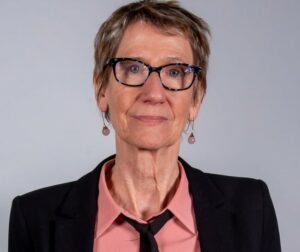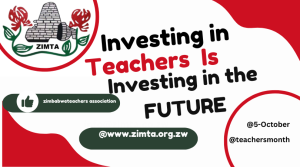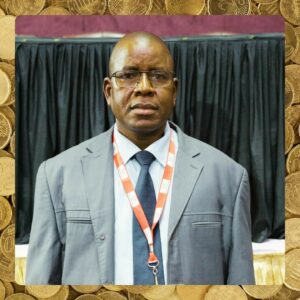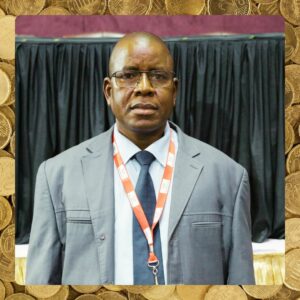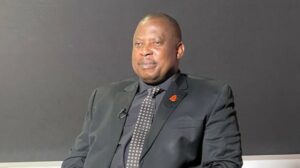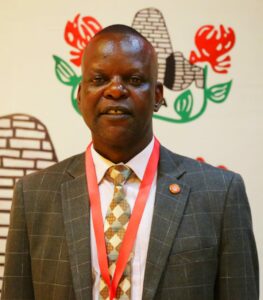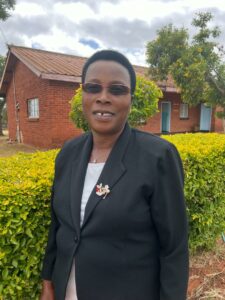Politicians have been challenged to invest in education through increasing funding that goes to public education because it is the only public good that will ensure inclusivity and equal opportunities for all.
Susan Hopgood, the president of Education International, in her opening remarks at the official opening ceremony of the 10th EIRAF Regional Conference on Tuesday, in South Africa, spoke strongly about the need to increase funding in public education, particularly in Africa.
“There is no lack of resources to fund public education but just a lack of political will to support education and teachers to make learning easy in a quality environment,” she said.
Hopgood noted that it was encouraging that in September, the United Nations set as a top global priority issues related to critical shortage of funding.
“For the first time, a United Nations Panel examined the role of teachers, and the support they need for their work, elevating teacher professionalism and the importance of funding. Colleagues, this was a breakthrough because our message, your message is leading global education dialogue,” she said.
The Education International chief said qualified teachers and education support personnel must be recognised as key partners for transforming education systems.
She said teachers must be paid decent salaries in tandem with the hard work they put into education nations.
“We believe that the African Union will tackle some of the issues, given that 2024 is the year of education. There is a crisis in funding and creating a sustainable world we want to create needs resources. Sustainability is big in unionism,” added Hopgood.
She blasted neo-liberal policies by the World Bank and International Monetary Fund (IMF) and cited Ghana, which received US$3 billion from the IMF with conditions that the money was not supposed to go towards teachers’ salaries.
“So where is the money,” asked Hopgood.
She said billions of dollars lost to tax manipulation could go towards transforming education and teachers’ salaries.
On the girl child, Hopgood said it was disheartening that young girls were denied equal opportunity to go to school in Sub-Saharan Africa due to various challenges.

